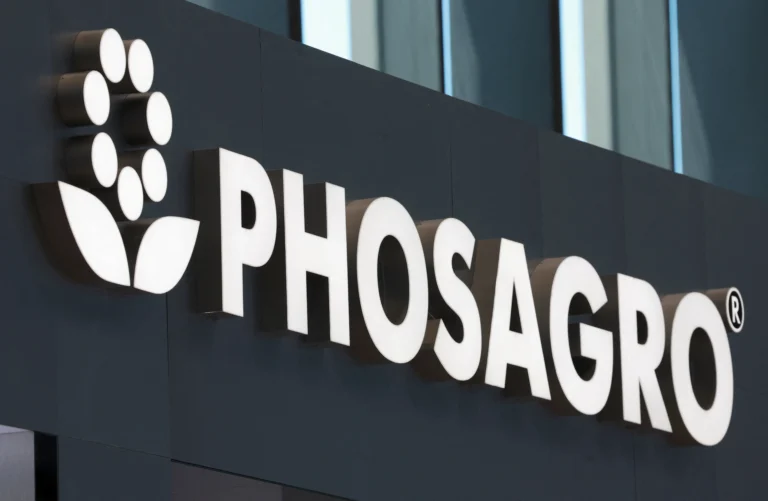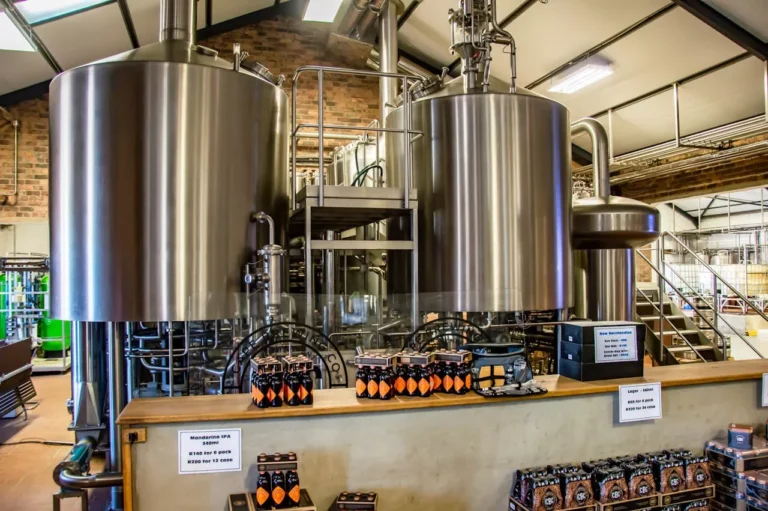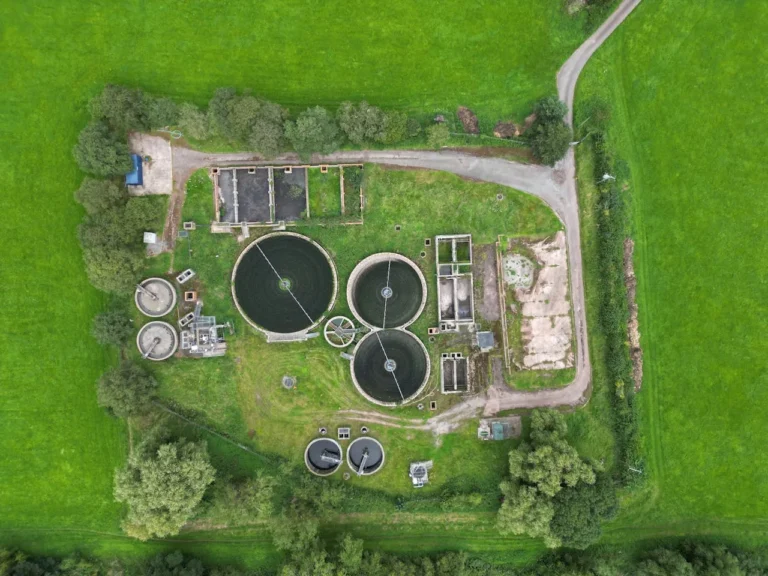
“In order to sustainably meet the food demands of a growing population in East Africa, the adoption of AI tools by farmers is crucial. These tools enhance productivity, increase yields, protect the environment, and reduce costs. Sama, a prominent provider of data annotation solutions powering future AI models, has witnessed firsthand the potential improvements through deployments in Europe, North America, and the Middle East. Drawing on this experience, Sama is committed to partnering with companies to support initiatives that revolutionize agricultural sustainability in Africa, such as the East African Community’s Vision 2050 plan.
During the launch of a report on precision agriculture and the challenges facing AgTech models, Annepeace Alwala, Sama’s Vice President of Global Service Delivery, emphasized the significant opportunity and urgent need for AI to better serve farmers and advance farming businesses. Alwala highlighted the various challenges agriculture faces, including increasing food demand, declining agricultural land, and labor shortages. She underscored how Sama’s computer vision applications, powered by high-quality data, are automating tasks ranging from crop monitoring and weed control to livestock health and pesticide use, thereby addressing these challenges.
Weeds, pests, and diseases are major obstacles to achieving the necessary productivity to meet global food demand. Globally, up to 40% of crop production is lost annually due to pests, with over $220 billion spent on related plant diseases. AI models evaluated by Sama help identify pests, diseases, and weeds, leading to improved crop management, reduced pesticide usage, and increased productivity. For instance, autonomous machines developed by Carbon Robotics use carbon dioxide lasers to remove over 100,000 weeds an hour, covering 15 to 20 acres a day.
Advancements in drone technology are also contributing to agriculture by monitoring crops and spraying pesticides more efficiently. Innovations in sensors, data collection accuracy, computer vision models, and pesticide spraying equipment enable farmers to make informed decisions about crop rotation, irrigation, and pesticide use. Early detection through drones allows farmers to take timely action and prevent widespread damage. In collaboration with Precision AI, Sama has developed a computer vision model for a drone capable of identifying images at a resolution of 0.55mm while flying at speeds of 50mph.
“With the increasing challenges in East Africa’s agricultural sector, our partnership with Precision AI exemplifies the transformative potential of AI in farming,” remarked Alwala. “We aim to deploy these solutions to enhance crop monitoring and optimize resource distribution, inspiring similar advancements within the region.




